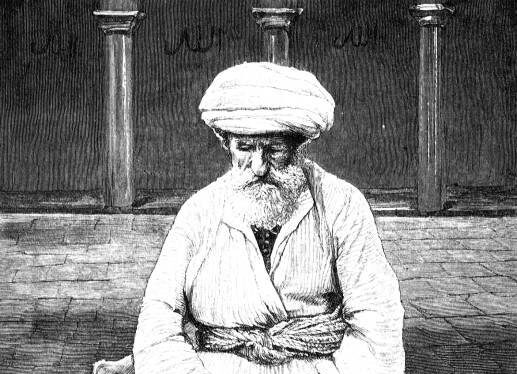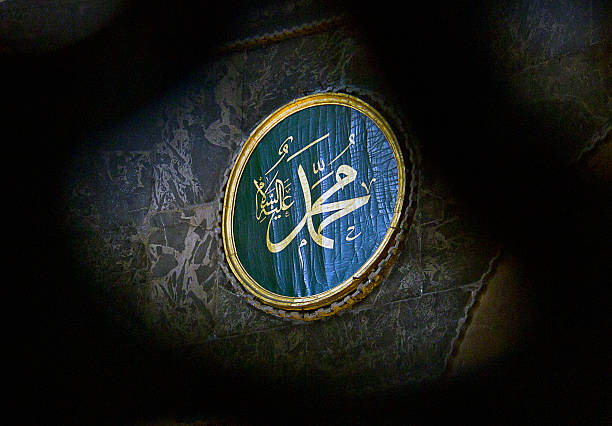Prophet Muhammad : The Messenger of Islam and Peace
Prophet Muhammad: The Messenger of Peace and Guidance

Prophet Muhammad
You May Like : Kendrik Lamar on Hip-Hop Culture
Prophet Md. is regarded as the final messenger of Islam and one of the most influential figures in human history. His teachings, character, and leadership transformed society, spreading a message of monotheism, compassion, and justice. This article explores his early life, prophethood, and lasting impact on the world.
Early Life and Background
Prophet Md. (PBUH) was born in Mecca in 570 CE into the noble Quraysh tribe. Orphaned at a young age, he was raised by his grandfather and later by his uncle, Abu Talib. Despite hardships, he earned the titles Al-Amin (The Trustworthy) and As-Sadiq (The Truthful) due to his honesty and integrity.
He worked as a merchant and gained respect for his fairness in trade. At the age of 25, he married Khadijah bint Khuwaylid, a wealthy and noble businesswoman who became his strongest supporter.
The Revelation and the Message of Islam : Prophet Muhammad
At the age of 40, Prophet Md. (PBUH) received his first revelation from Angel Jibreel (Gabriel) in the Cave of Hira. This marked the beginning of his prophethood and the revelation of the Quran, the holy book of Islam. He preached monotheism (Tawheed), urging people to abandon idol worship and embrace faith in one God, Allah.
His message emphasized:
- Compassion and mercy towards all beings
- Equality and justice for all, regardless of social status
- Charity and kindness to the poor and needy
- Honesty and righteousness in all aspects of life
Challenges and Migration to Medina : Prophet Muhammad
His teachings were met with resistance from Meccan leaders, who opposed his call for social reform. He and his followers faced persecution, leading to the Migration (Hijrah) to Medina in 622 CE. This event marked the beginning of the Islamic calendar.
In Medina, Prophet Md. (PBUH) established a just society based on brotherhood, law, and faith. He formed treaties with different communities and upheld religious freedom.

The Unification of Arabia and the Farewell Sermon : Prophet Muhammad
Through diplomacy and battles fought in self-defense, Prophet Muhammad (PBUH) united the Arabian Peninsula under Islam. In 630 CE, Mecca was peacefully conquered, and the Kaaba was cleansed of idols.
In his Farewell Sermon, he emphasized:
- Equality among all people, rejecting racial and social discrimination
- Women’s rights and responsibilities
- Justice, peace, and ethical conduct
The Passing and Legacy of Prophet Muhammad (PBUH)
Prophet Muhammad (PBUH) passed away in 632 CE at the age of 63, leaving behind a legacy of faith, justice, and compassion. His teachings continue to guide over 1.9 billion Muslims worldwide.
His impact on world history is profound, as he laid the foundation for a civilization based on faith, morality, and knowledge.
Conclusion
Prophet Muhammad (PBUH) remains a beacon of guidance, inspiring millions through his wisdom and character. His message of peace, justice, and monotheism continues to shape humanity.
If you wanna know more about visionaries like this, we’ve got it covered!
Leave a Reply